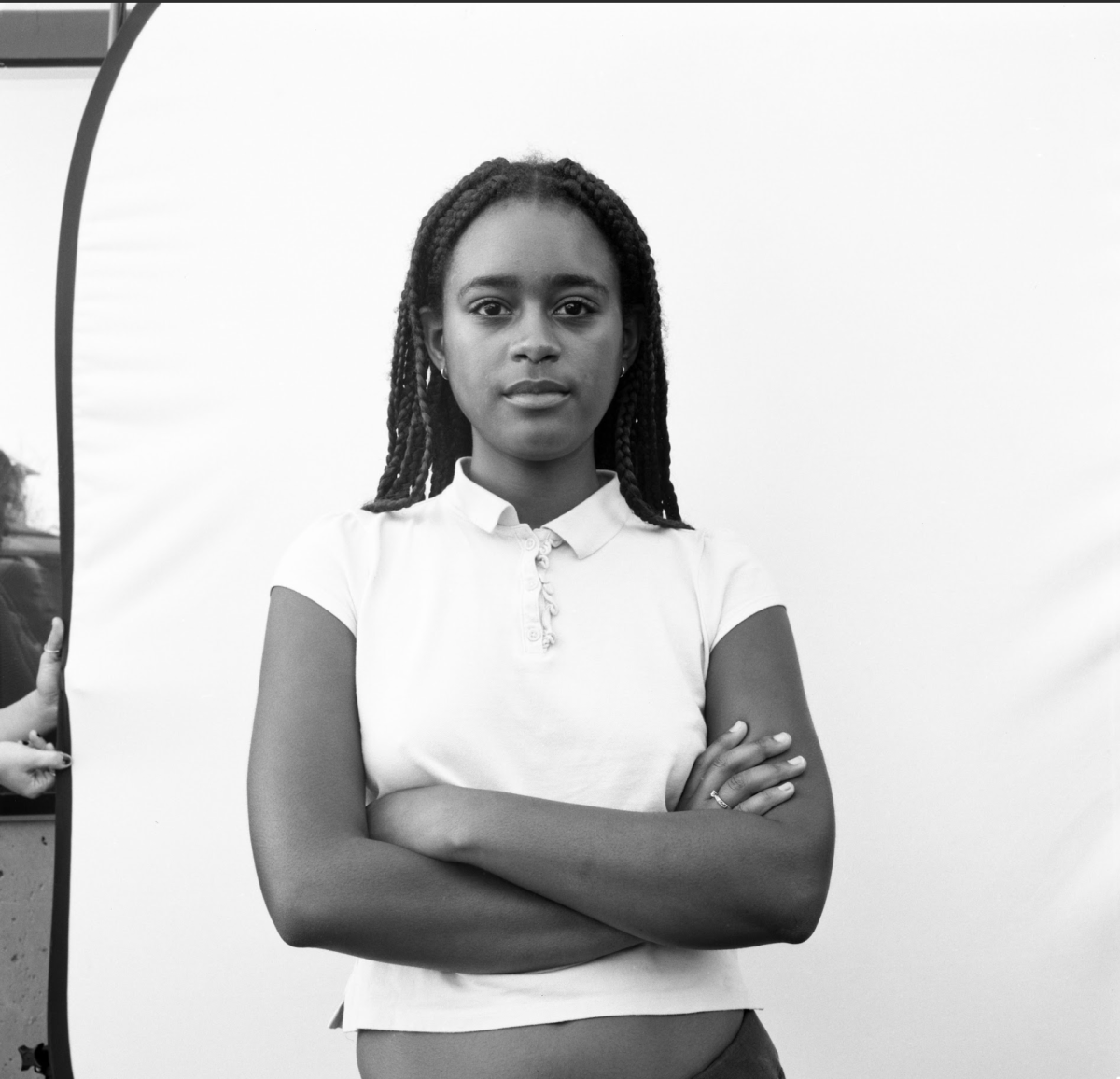On Sunday, the first-floor lecture hall of King Building buzzed with anticipation. Theater lovers filled the seats at the Oberlin Musical Theater Association “Quick!” festival. “Quick!” is a semesterly festival hosted by OMTA/OSTA that takes place over 24 hours. Participants register as writers, directors, or performers, and organizers form groups of registered participants. Once assigned a group, writers have just 12 hours to write their plays. As soon as they finish, directors and actors get to work. Rehearsals run for 12 hours, starting at 8 a.m. until the performance starts at 8 p.m. on the same day.
College second-year Sarah Storace Nelson first participated in “Quick!” during the first semester of their first year. This semester, Nelson participated as both an organizer and a director.
“I think something that is always so crucial for the directing and rehearsal process is just having fun,” Nelson said. “It seems simple and obvious, but I think if you get stuck trying to make things look perfect and be memorized perfectly, then it’s going to be less of a crazy and fun experience. I think that energy and chaos is part of what makes ‘Quick!’ so fantastic.”
For writers, “Quick!” can provide an adrenaline-pumping escape from the more traditional writing process. College fourth-year Bobby Fasciano has participated in “Quick!” since their second year at Oberlin.
“[‘Quick!’ writers] are all running around from 8 p.m. to 8 a.m., talking and exchanging stories of how our writing process is going,” Fasciano said. “You’ll ask someone about their idea at 9 a.m. and it seems very well thought-out. And then you’ll ask them about it five hours later, and they’ve switched ideas four times. There’s a lot of things that go on the cutting room floor. I’ve been a creative writing student here for four years now, and it is a very different process than any other creative project I’ve been in. It condenses it all, and it feels so much more like an event rather than a project. [‘Quick!’] feels both low-stakes and high-stakes in a way I can’t quite put my finger on.”
Every writer, director, and performer has a different process when it comes to navigating their play. College second-year Zeph Samdperil wrote and organized for “Quick!” this semester.
“A lot of people [write] in a lot of different ways, and the time constraint is very much present,” Samdperil said. “I spend maybe the first hour brainstorming. I just create a doc and type whatever comes to mind, and I choose something to write about. I know someone who, this semester, didn’t actually start writing until 3 a.m. … I’ve had times before where I’ve gone to bed at 4:00 a.m., or where I finished at 3:00 a.m. — not that late. This most recent ‘Quick!’ I finished at 7:00 a.m., only an hour before the deadline.”
Over the years, “Quick!” has developed its own unique style. Although each play or musical is entirely unique, there are threads that tie them together. For as long as Fasciano has participated in “Quick!” they recall a shared bit being included in each performance of each year’s festival. This year, “Quick!” participants decided that each play would include the word “ate,” a joke that Fasciano thought was not funny, which actually made it one of their favorite “Quick!” bits.
A shared line isn’t the only thing “Quick!” plays have in common.
“Everyone has certain expectations when it comes to ‘Quick!’” Fasciano said. “Oddly, it’s kind of become a genre in and of itself… [‘Quick!’] used to be a lot more about just 24-hour theater. It could have been a play, a drama, a mystery, a scene, a moment. … Now, it seems a little bit more like sketch comedy, or beyond that, just, ‘Here’s a premise, and then we’re going to do bits on that premise for 10 minutes,’ which is an interesting genre.”
The fluidity that the 24-hour structure necessitates seems to stimulate a unique sense of community. It is reflected not just in the plays that are produced but in the people that attend.
“I feel like ‘Quick!’ is such a unique experience because the audience is truly the most excited to be there,” Nelson said. “It has the most hyped-up energy that you will ever experience because half of the audience is running on less than ideal amount of sleep, and the other half has waited for weeks to be able to watch this madness unfurl.”
A King Building lecture hall might seem an odd venue for a theater festival, but the venue’s clinical strangeness seemed to amplify the strangeness of the plays themselves. Complete with lots of cursing, makeshift costumes, and inside jokes, they made the room roar with laughter.











